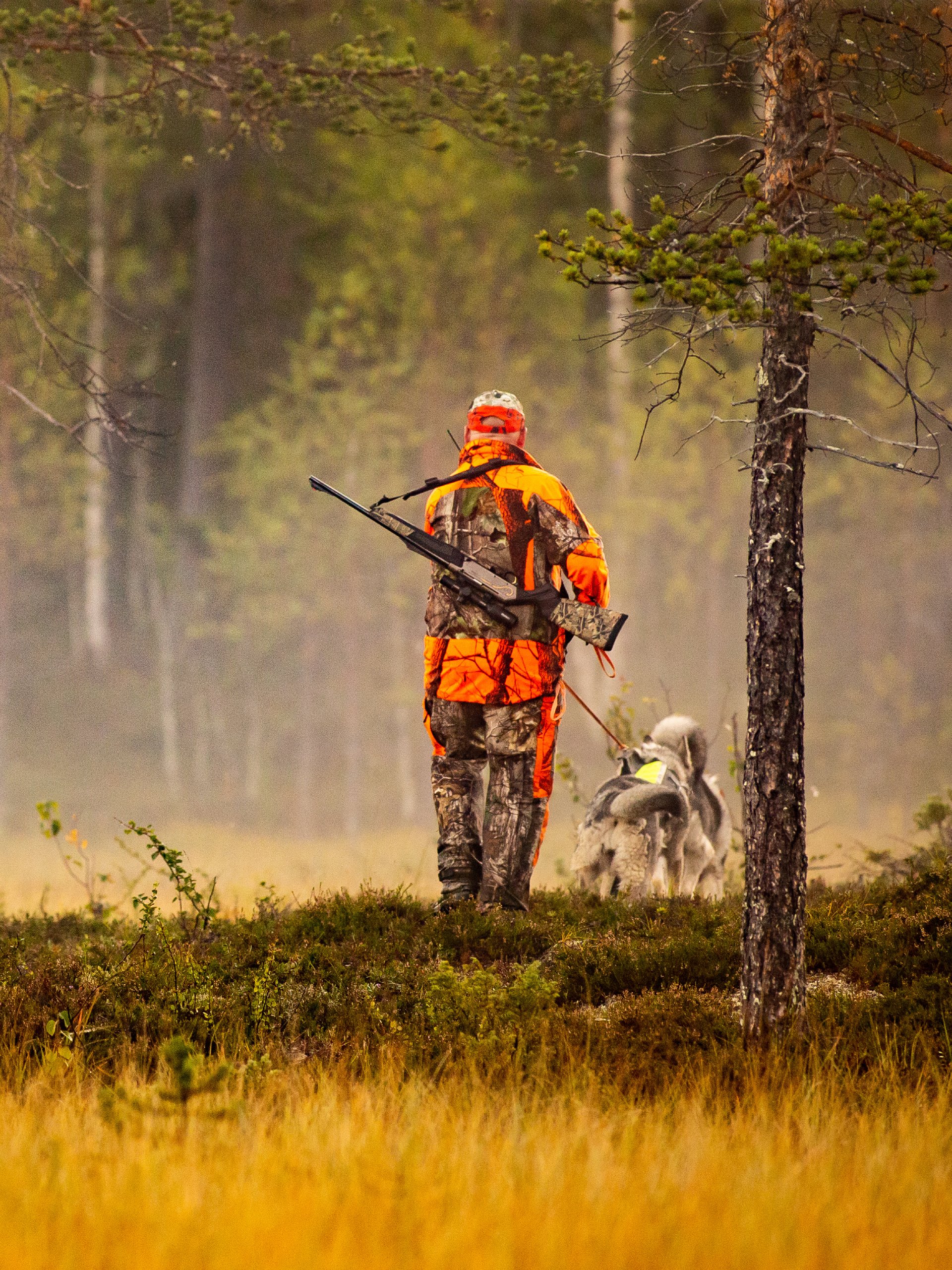Owning land gives you significant control over its use, including hunting access. Many property owners debate whether they should let others hunt on their properties. Before making this decision, assess the risks, benefits, and legal considerations. Allowing others access to hunt may seem generous, but it comes with responsibilities and potential liabilities that require careful thought.
Liability and Legal Issues
Granting access to hunters comes with inherent risks, particularly regarding liability for accidents or damages. Property owners must understand their state’s liability laws before making any decisions, as these laws can differ significantly. Some states offer liability protections for property owners that grant hunting permissions without charging a fee, while others may not. A written agreement outlining safety expectations, permissible hunting zones, and indemnification details can reduce potential complications.
Evaluating Trust and Responsibility
Carefully assessing who will hunt on your land is vital. While you may understand how to sustainably and safely hunt on your property, you cannot guarantee that any other hunters will be as respectful or responsible on your land. Even known individuals can inadvertently act negligently, endangering themselves or others. Establishing strict rules about weapon use, waste disposal, and safety protocols is essential. Consider hosting a thorough orientation to evaluate and inform potential hunters.
Impact on Wildlife and the Environment
Unregulated hunting access can alter your property’s ecosystem, which can pose a particularly serious issue on farms and homesteads. Overhunting might reduce key species, disrupt predator-prey dynamics, or destroy habitats. If you choose to allow hunting, manage the practice thoughtfully. Design specific areas for hunters, enforce seasonal rules, and impose limits on game quantities.
Keep in mind that you may need to invest time and money into the process of managing your property as a hunting grounds. If you have a particularly large property, heavy machinery may be necessary. For example, using the proper stump grinder can help you efficiently clear land to create more clearly designated hunting areas and make your property safer to traverse by vehicle or on foot.
Maintaining Control Through Hunting Leases
Leasing hunting rights offers a balanced approach for landowners who want to regulate access while gaining financial benefits. A lease contract allows you to outline clear terms, designate zones, establish environmental rules, and control the number of hunters on the property. Ensure the hunters agree to carry liability insurance and adhere to your specific hunting guidelines.
Balancing Risks With Rewards
Deciding whether to let others hunt on your property means weighing the potential risks against the rewards. Remember that even if previous property owners allowed hunting on the land, you are under no obligation to allow the same. While it may provide financial or ecological benefits, failing to enforce strict guidelines could result in safety and liability concerns. Responsible planning ensures that any decision safeguards your land, wildlife, and all who traverse it.
Casey Cartwright
Latest posts by Casey Cartwright (see all)
- Psychological Demands of Wildland Firefighting – June 23, 2025
- Essential Equipment Every Beginner Needs for Archery – June 18, 2025
- The Best Fish To Try and Catch in Northern Canada – June 4, 2025

Leave a Reply